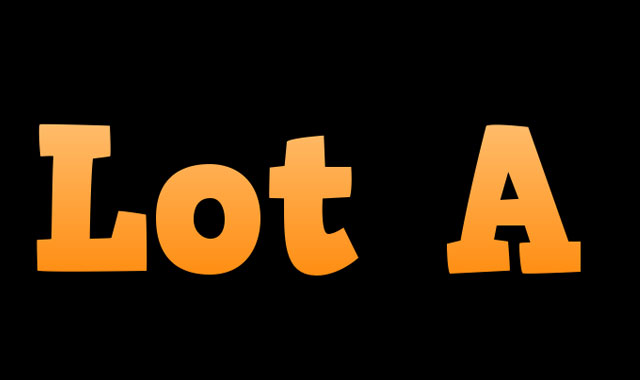
The failure by Icasa to explain what a reserved “Lot A” of radio frequency spectrum will be used for should result in the communications regulator being prevented from proceeding with its planned spectrum auction, Cell C has argued in court papers.
The mobile operator has set out five reasons why it believes Icasa has erred in publishing an invitation to apply (ITA) for access to so-called “high-demand spectrum” in the 700MHz, 800MHz and 2,6GHz bands before government has finalised a white paper on ICT, which is expected to deal with the spectrum issue.
Icasa is to face off in court this week with communications minister Siyabonga Cwele over the ITA.
Cell C, which has joined the court proceedings, said it appears Icasa’s decision to keep aside Lot A — which includes more spectrum than any of the other four lots to be made available through the auction process — is “irrational”. Icasa has said access to Lot A will be made available at a later date and through a separate process.
The regulator failed during a clarification process with interested bidders to explain why Lot A has been reserved for later use, Cell C said.
“Spectrum is a finite resource and must be allocated in the public interest in a manner that will ensure its efficient use,” said the company’s chief legal officer, Graham Mackinnon, in a founding affidavit lodged with the high court in Pretoria.
“Failing to indicate why or for what purpose a significant portion of high-demand spectrum will not be licensed in the same process as the balance of the same type of spectrum is simply incomprehensible and supports the conclusion that the decision is arbitrary and irrational,” Mackinnon said.
“Mobile operators like Cell C require regulatory certainty in order to plan their operations and give effect to Icasa’s stated coverage and speed objectives. This cannot be done without knowing when and on what basis Lot A will become available. Icasa’s omission of the lot thus appears arbitrary. The absence of a reason for the omission creates the inference that it was irrational.”

In its court papers, Cell C has argued for the ITA to set aside.
It said that, during a clarification phase, Icasa answered only 18 questions of 74 posed by Cell C. The failure to answer most of the questions amounts to “administrative failure”, said Mackinnon.
“Not only did Icasa not answer all of Cell C’s questions, but many of the answers that were provided in the clarification are vague, lack sufficient detail and at times answers have been given that are contradictory to each other and/or the ITA.”
The lack of detail, he said, makes it “extremely difficult” for interested bidders to decide which lots to bid on.
He argued the decision to issue the ITA is “unlawful and invalid” as it constitutes unlawful administrative action and the unlawful exercise of public power.
Among the reasons Cell C believes the ITA should be halted are its black empowerment requirements and its roll-out targets.
Mackinnon said Cell C — as well as Vodacom and Telkom — will not be able to comply with the ITA’s requirements for BEE by the application deadline. (Icasa has reportedly since softened the requirements.)
Also, the ITA’s 100% coverage requirements are onerous and go far beyond what is reasonable and required in South Africa Connect, the country’s broadband policy document.
Cell C is concerned, too, that obligations in respect of certain spectrum bands have to be fulfilled immediately, even though it may be several years before the “digital dividend” bands become available because of the delays in South Africa’s broadcasting digital migration project.
Lastly, the operator believes that a requirement to provide a fully funded, 10-year business plan to Icasa is unreasonable. – © 2016 NewsCentral Media




